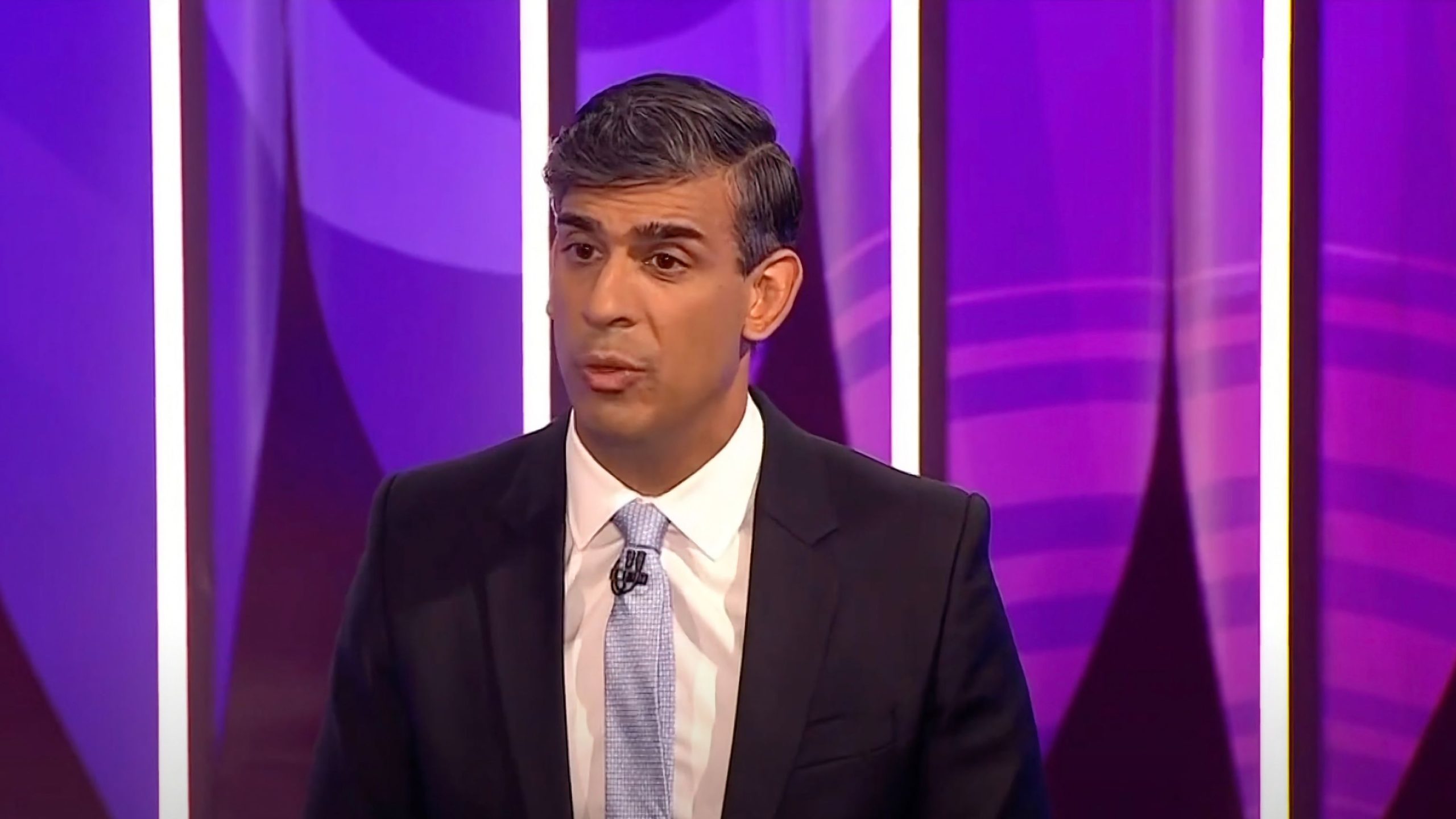Rishi Sunak, the British Prime Minister, recently shocked the nation with a proposal reminiscent of social credit systems for the United Kingdom. The plan suggested restricting access to essential modern conveniences, like cars and financial services, for young individuals refusing to participate in National Service.
During a Thursday night national television forum, electoral party heads fielded audience questions on a BBC-hosted program.
Sunak found himself defending a novel electoral promise – the introduction of mandatory national service for British youths if he could retain his seat. Despite bleak poll evaluations and mounting public pressure, Sunak refused to accept the possibility of defeat.
The Prime Minister utilized the case of a volunteer ambulance service to illustrate potential forms of obligated volunteering. Nonetheless, the public’s worry and debates have predominantly revolved around the compulsory military aspect of National Service.
Sunak, however, sidestepped elaborating on how the government plans to coerce young individuals into the service, seemingly caught off guard when questioned directly about the compulsory factor. He hinted at the possibility of curtailing rights to essential modern living components, while conveniently passing the buck onto an unspecified “independent body.”
The Prime Minister did clarify that options were being evaluated following various European models, which might include restrictions on obtaining driving licenses and access to finance. Despite this, when questioned about the possibility of young individuals having their bank cards revoked for service refusal, he dismissed the suggestion laughingly, providing a negative reply.
“You will have a set of sanctions and incentives and we will look at the models that are existing in Europe to get the appropriate mix of those, there is a range of different options that exist… whether that’s looking at driving licenses, access to finance…” Sunak said.
This approach of using financial penalties and restrictions as a tool for enforcement is not new and has been gaining traction globally. The concept of a Central Bank Digital Currency (CBDC) could potentially simplify the implementation of such policies. A CBDC would provide governments with unprecedented control over the financial system, including the ability to directly enforce financial sanctions against individuals.
However, the use of financial controls to enforce government policies raises significant concerns regarding civil liberties. A prominent example is the actions taken by Canadian Prime Minister Justin Trudeau during the trucker protests in Canada. Trudeau invoked the Emergencies Act to freeze the bank accounts of civil liberties protesters.













